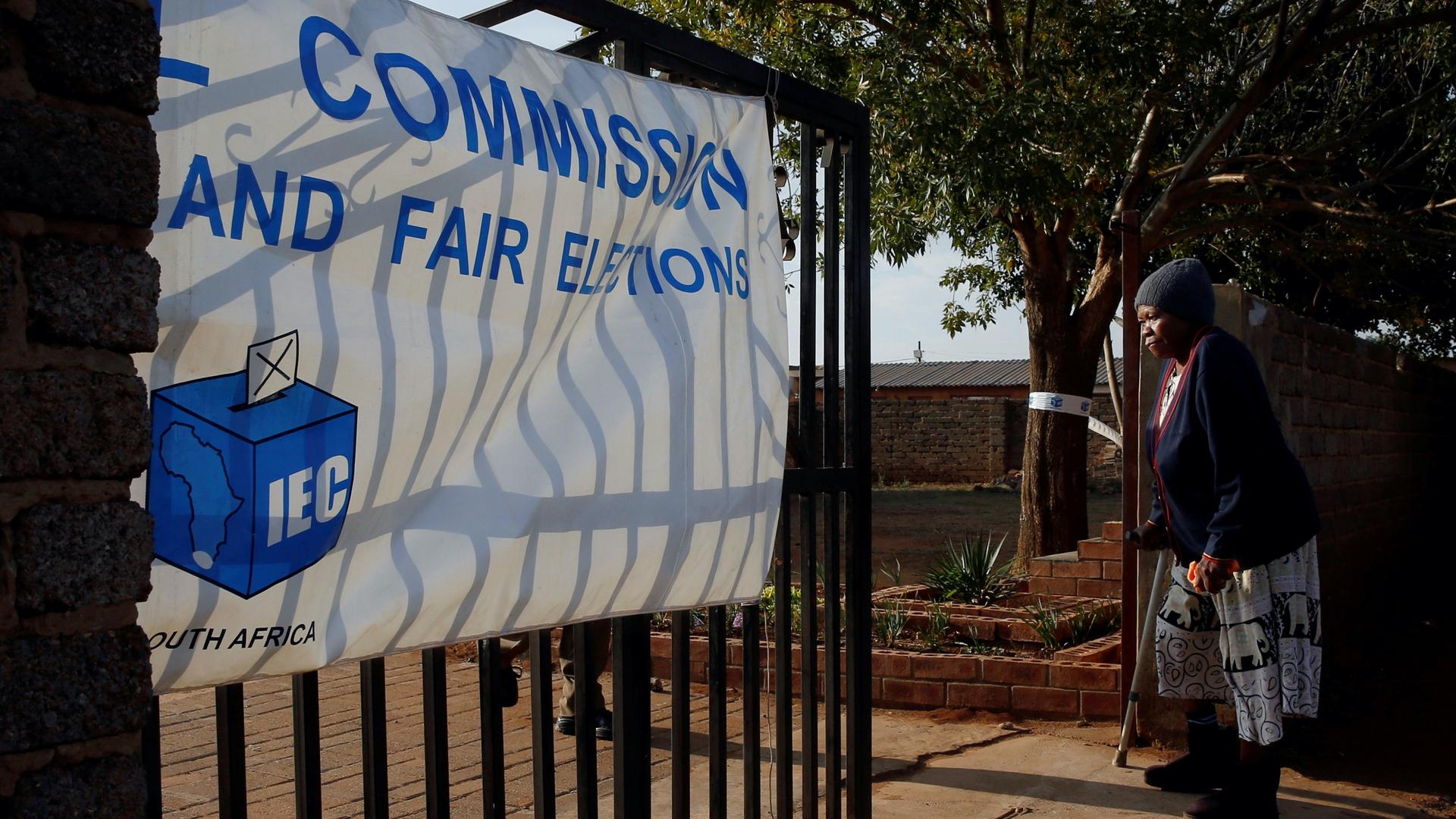This analysis was featured in Critical State, a weekly newsletter from The World and Inkstick Media. Subscribe here.
If you’re reading this on your phone while waiting in a long line to vote in today’s US national elections, here is some cold comfort: Voter suppression happens in other democracies too, so you’re not alone. Regulating the vote is a key part of state repertoires of control, and states are coming up with novel ways to shape electorates all the time. This week and next, Critical State takes a deep dive into new research on how governments try to control election outcomes.
Related: How the US presidential election could impact women’s health
In a new article in the American Political Science Review, Elizabeth Iams Wellman tackles how governments in Africa treat the ultimate absentee ballots: votes from diasporas. The number of international migrants in the world increased by 78% between 1990 and 2019, creating a growing demand for emigrant participation in home country elections. In sub-Saharan Africa, that demand drove a massive change in voting regulations. In 1990, no countries in the region allowed external voting by diaspora populations. Today, 32 out of 48 countries do. That’s a major increase in enfranchisement, but, Wellman found, some countries made it easier for emigrants to vote than others. Wellman set out to find why some African countries encouraged diaspora voting, others tolerated it and others banned it.
The main constraint on implementing diaspora voting is the cost. Setting up polling places, delivering ballots, and ensuring accurate vote counts is hard enough inside a country’s territory, but doing it around the world drives up the cost significantly. Even after a country has legalized diaspora voting, it has to set up a whole infrastructure abroad if it wants to give emigrants actual access to the polls.
On the other hand, governments might well have reasons other than cost to avoid providing actual ballot access abroad. Diaspora votes are just that — votes — and they can swing elections. In Cape Verde, emigrant votes swung presidential elections in 2001 and 2006, ensuring the election of Pedro Pires despite Pires losing the domestic vote each time. For governments that don’t enjoy majority support from their country’s diasporas, there is a strong incentive against enabling diaspora voting, no matter what the de jure law says.
Related: A diminished team of international election observers begins its mission in the US
Those considerations are reflected in the de facto reality of diaspora voting. Of the 141 national elections that have been held in sub-Saharan Africa in which diaspora voting has been legalized, only 85 had any infrastructure to actually enable members of the diaspora to cast their ballots. Even among those 85 elections where diaspora voting was possible, actual ballot access varied considerably. In some elections, emigrants had to travel to their home country embassies and present multiple forms of identification in order to participate, while in other elections polling stations were set up in areas where emigrants lived and voter ID requirements were more flexible.
Wellman found that, even after accounting for state capacity to implement diaspora voting, diaspora support for the incumbent party was a major predictor of whether countries invested in diaspora voting infrastructure in a given election. Or, to put it another way, even when they had the ability to give ballot access to voters who were legally entitled to it, incumbent parties were less likely to do so if they knew those voters wouldn’t support them.
Related: Belarusians call Lukashenko’s bluff, go on strike
Wellman illustrated the point with the case of South Africa, which made diaspora voting legal in 1994, with the advent of majority rule, then outlawed it in 1998, and then reinstated it in a limited form in 2009. In 1994, with South Africa newly liberated from apartheid, the goal was to create as inclusive a process as possible. The apartheid government had forced tens of thousands of South Africans into exile, and without diaspora voting, they might not be able to participate in an election that many had sacrificed heavily to bring about. By 1998, however, many of those exiled had returned to the country, while others who had benefited from apartheid but opposed the elected African National Congress (ANC) government had left. Using the parliamentary majority it secured in the 1994 election, the ANC pushed through a ban on diaspora voting ahead of the 1999 general elections.
Related: How Black immigrants are reshaping the Black electorate
In 2009, a South African Supreme Court case forced the government to allow South African citizens abroad the ability to vote, bringing back de jure diaspora voting. The de facto ballot access, however, was very limited. In the United Kingdom, for example, South Africans had to wait in long lines at the only polling station in the entire country in order to cast their vote. In some countries, the consulate where the voting was held closed while voters were still in line. In the 2014 elections, only 18,000 South Africans cast votes from abroad, over 80% less than did so in 1994. Only 8% of those who did get to vote supported the ANC.
Critical State is your weekly fix of foreign policy without all the stuff you don’t need. It’s top news and accessible analysis for those who want an inside take without all the insider bs. Subscribe here.
